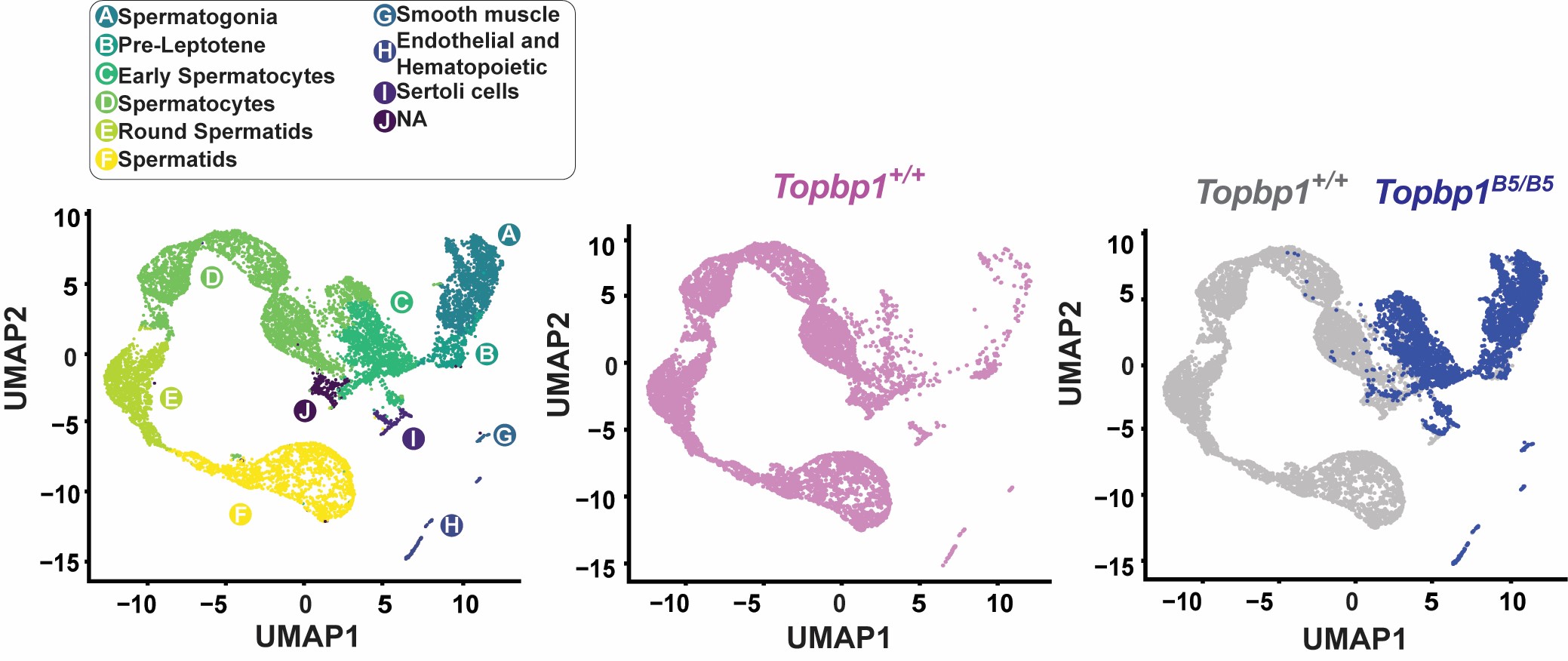Matthew Smith-Raska, MD, PhD
- What aspect of your research are you most excited about right now?
- I am very excited by recent discoveries that germ cell small RNAs such as piwi RNAs and tRNA fragments are critical drivers of epigenetically inherited phenotypes across generations. For example, it has been shown that exposure of male mice to a high fat diet leads to obesity and metabolic disease in unexposed descendants, and this effect can be recapitulated by injecting small RNAs from sperm of exposed mice into wild type zygotes. I am most excited by the many unanswered questions that are generated by this model of inheritance. For example, how do small RNAs accumulate in germ cells in response to various exposures – are they generated in situ in the germ cells, or are these RNAs produced in somatic tissues and transported to the germ cells by unknown mechanisms? Another outstanding question that inspires me is: how are the small population of small RNAs in a single germ cell able to generate a signal that persists as the single cell zygote undergoes massive expansion into a complex multicellular organism? There is so much to discover in this process of inheritance, and I am excited to work toward answering these questions.
- What inspired you to study reproduction, in general?
- I was inspired by the observation that there is so much that we still do not understand about how germ cells drive the inheritance of phenotypes and disease risk. As a pediatrician, I have met families with multiple members affected by the same disease, and I was surprised at how often high-powered genetic analysis was unable to provide an explanation for this inheritance. This led me to discover the field of epigenetic inheritance, which is a relatively young field that is rapidly emerging largely due to novel technological developments such as single cell DNA methylation analysis and small RNA-Seq. I believe that this field holds tremendous promise to explain some of these cases of mysterious inheritance.
- When you’re not doing research, what are your hobbies or non-work-related interests?
- When not in the lab or in the NICU (where I work as a neonatologist), I enjoy reading non-fiction, playing golf, and rooting for the New York Mets.
- What is the most valuable piece of advice you’ve received over your research career?
- As a young investigator, the most valuable piece of advice was to focus and not spread myself too broadly. I also appreciated advice from a former mentor that I will maximize my chances of success if I study the questions that I find the most interesting.
- Ideally, how do you envision your research contributing to the broader field of reproduction (be it societal, ecological, etc.)?
- I hope that my research will contribute to understanding how our individual lifetime exposures and experiences can have long-reaching effects on the risk of disease of our descendants. This concept is not often considered in current health recommendations, yet multiple epidemiological studies in humans have supported the more rigorous findings in experimental animal models. I hope that my work will reveal the effect that our diet, stress level, exposure to toxins, etc. has on the risk of various diseases in our unexposed children and grandchildren.




